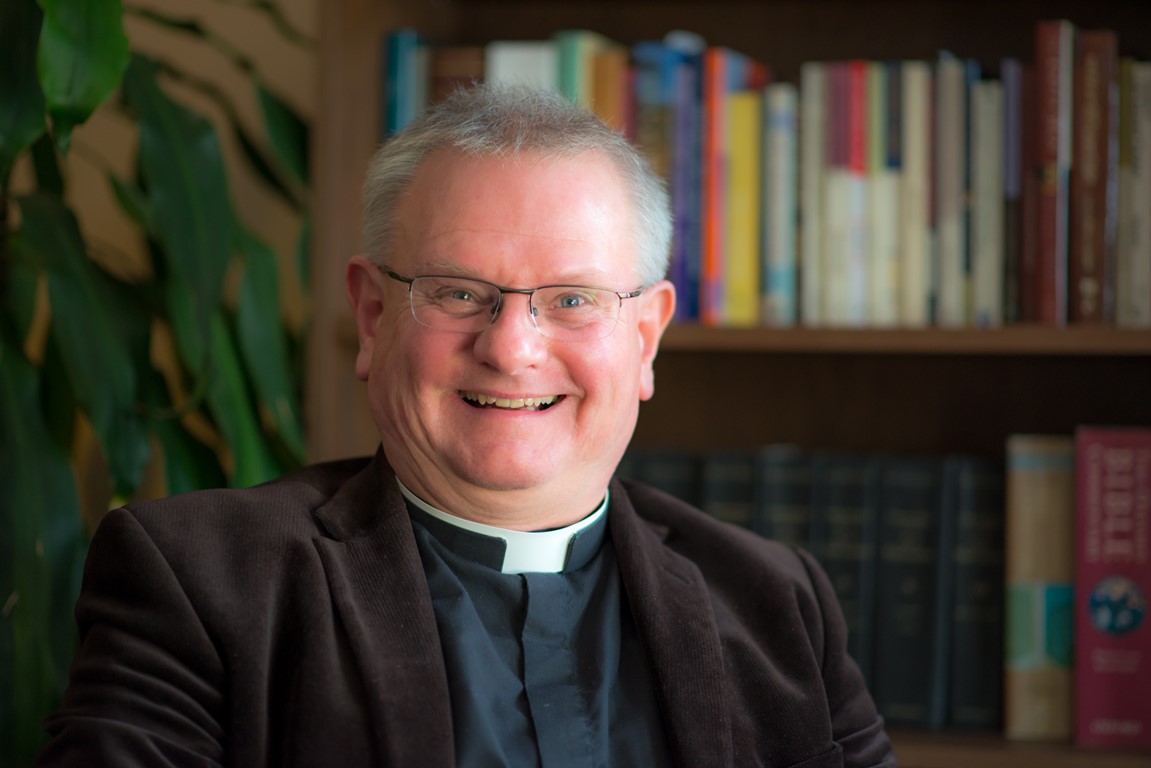January 2020

There are certain times of the year which provide a natural pause for thought. Approaching a birthday is one of them (a year older may not necessarily mean a year wiser), but for most of us the turn of the year is one such time. The fact that it comes, for us at any rate, at the heart of the darkest time of the year, and the additional fact that most of us are off work for the Christmas holiday, means that the conditions are right for a bit of a re-think. We end the year with a review of the twelve months that have just elapsed, and, if we can stir ourselves from the sofa, we might, just might, consider doing a bit better in the year to come.
The caricature of this is the gym syndrome. We shell out several hundred pounds to join the local gym, we buy the kit, and we turn up on day one with the firm intention of making our bodies more of the temple than we think they are. By the end of January, those intentions have fallen by the wayside, and we convince ourselves that things aren’t quite as bad as we think they were. So we stumble on, the new year becoming a gradual repeat of the one that has just come.
2020 does provide a little bit of a numerical kick, of course. It marks the beginning of a new decade (although I am fully aware that numerically 2020 is actually the last year of the old decade, but the zero at the end of the number does make it appear a new decade). I am sure we will get plenty of references to having 20:20 vision, and so on. However, we all know this freshness won’t last; we will soon resort to type.
But let’s not allow cynicism to be the eventual driver of our behaviour. It is a good thing to take stock, and the New Year does provide that opportunity. The fact that 1st January is a week after Christmas Day provides that added significance. For it is important for Christians to ask themselves the question, ‘what happens after Jesus is born?’ We sing with great meaning all these wonderful carols about the birth of Jesus, but they tend to stop with three wise men. It is legitimate to ask, as a consequence of our faith, ‘what happens now?’, and actually that question can only be answered by us in the way we lead our lives. The birth of Jesus, in theological terms called the Incarnation, is all about God coming to us to show us his love. We are asked, as Christians, to ‘go and do likewise’, as it says at the end of the parable of the Good Samaritan; to show love, care and compassion for God’s world.
We all need to change our habits and our behaviour to make this happen; we all fall short in some way or another. So, let us use this natural transition, from one year to another, to think how we go from ‘seeing this thing that has happened’ to ‘go and do likewise.’ We may find that to be a wonderfully positive exercise.

